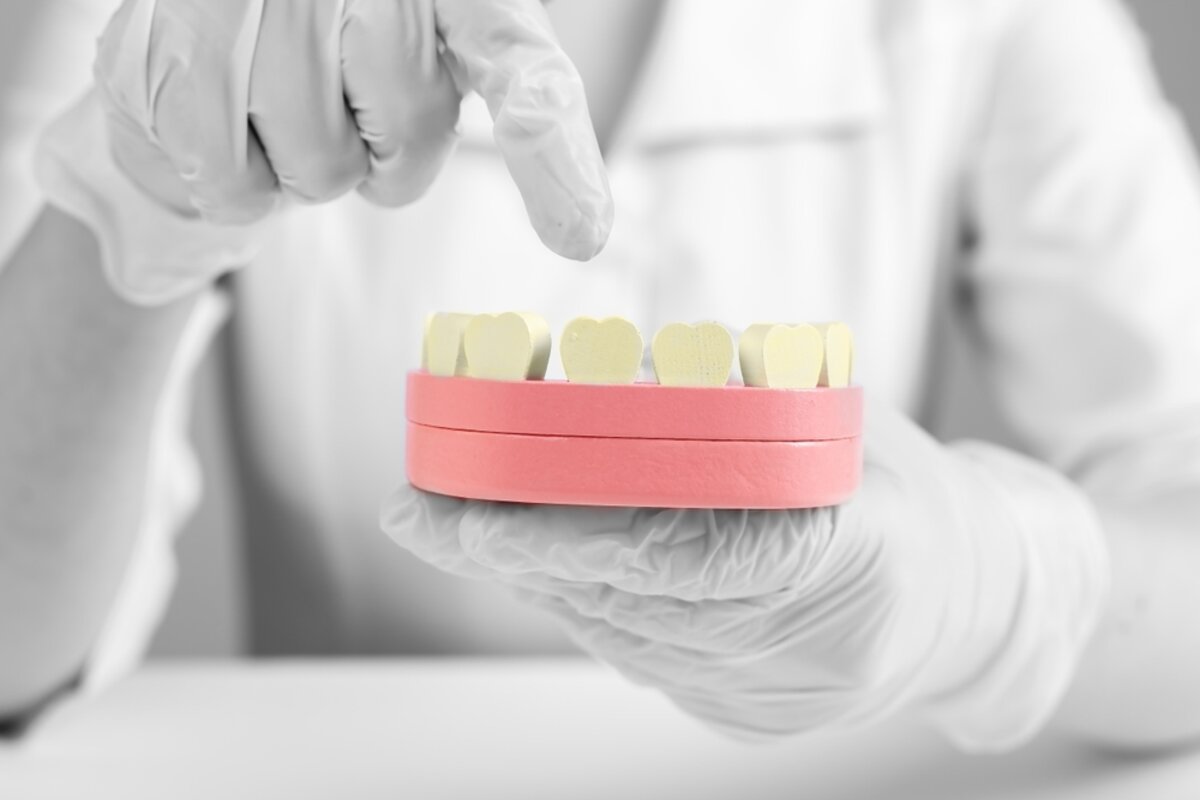Oral health affects much more than just your teeth and gums. Many people are surprised to learn that issues in the mouth can contribute to persistent headaches. Understanding this connection can help you take the right steps to maintain both your oral and overall health.
The Link Between Oral Health and Headaches
Your mouth and jaw are intricately connected to your head and neck. Problems in your teeth, gums, or jaw can trigger pain signals that manifest as headaches. This connection often goes unnoticed, leading many to treat the symptoms without addressing the root cause.
Common Oral Health Issues That Trigger Headaches
Certain dental problems are particularly known for their role in causing headaches:
- Temporomandibular joint (TMJ) disorders The temporomandibular joint, which connects your jaw to your skull, plays a vital role in chewing and speaking. When this joint is misaligned or inflamed, it can lead to jaw pain, clicking sounds, and headaches.
- Tooth decay and infection Untreated cavities or abscessed teeth can lead to inflammation and infection. The pain from these issues can radiate to the head, causing tension headaches or migraines.
- Bruxism (teeth grinding) Grinding your teeth, often during sleep, wears down enamel and strains jaw muscles, leading to headaches. Night guards prescribed by a dentist can often alleviate this problem.
- Poor bite alignment (malocclusion) A misaligned bite can put extra pressure on your jaw and surrounding muscles. Over time, this strain can lead to chronic headaches.
How Poor Oral Hygiene Plays a Role
Neglecting oral care can have far-reaching effects. Poor oral hygiene allows plaque to build up, leading to gum disease and tooth decay. These conditions can cause localized pain and inflammation, which can trigger headaches.
Gum Disease and Inflammation
Gum disease, or periodontal disease, is a common result of inadequate oral care. As bacteria accumulate in the gums, they cause swelling and bleeding. This inflammation doesn’t just stay in your mouth—it can travel through your bloodstream, contributing to systemic inflammation that might result in headaches.
Recognizing the Symptoms
It’s essential to recognize when oral health might be the cause of your headaches. Look for signs such as:
- Persistent jaw pain or clicking sounds when chewing.
- Teeth sensitivity to hot, cold, or sweet foods.
- Swelling or bleeding in the gums.
- Waking up with headaches or facial pain.
If you experience these symptoms alongside regular headaches, it’s worth discussing with both your dentist and doctor.
Preventing Oral Health-Related Headaches
The good news is that many headaches linked to oral health can be prevented with simple steps:
- Maintaining a consistent oral care routine: Brushing twice daily and flossing help remove plaque and prevent gum disease.
- Wear a night guard if needed: If you grind your teeth, a custom-fitted night guard can protect your teeth and reduce strain on your jaw.
- Monitor your diet: Limiting sugary foods and drinks helps prevent cavities. A balanced diet rich in calcium and vitamin D supports strong teeth and bones.
- Visit your dentist regularly: Professional cleanings and exams ensure that small issues don’t turn into big problems. Your dentist can also check for TMJ disorders or other alignment issues that might be contributing to headaches.
Conclusion

If you suspect that your headaches are related to poor oral health, don’t hesitate to seek professional advice. A dentist can assess your oral health and recommend treatments, while a doctor can rule out other potential causes of your headaches.
By understanding the connection between oral health and headaches, you can take proactive steps to address the root cause of your discomfort and improve your overall well-being. Contact Indian Trail Dental Studio today.



